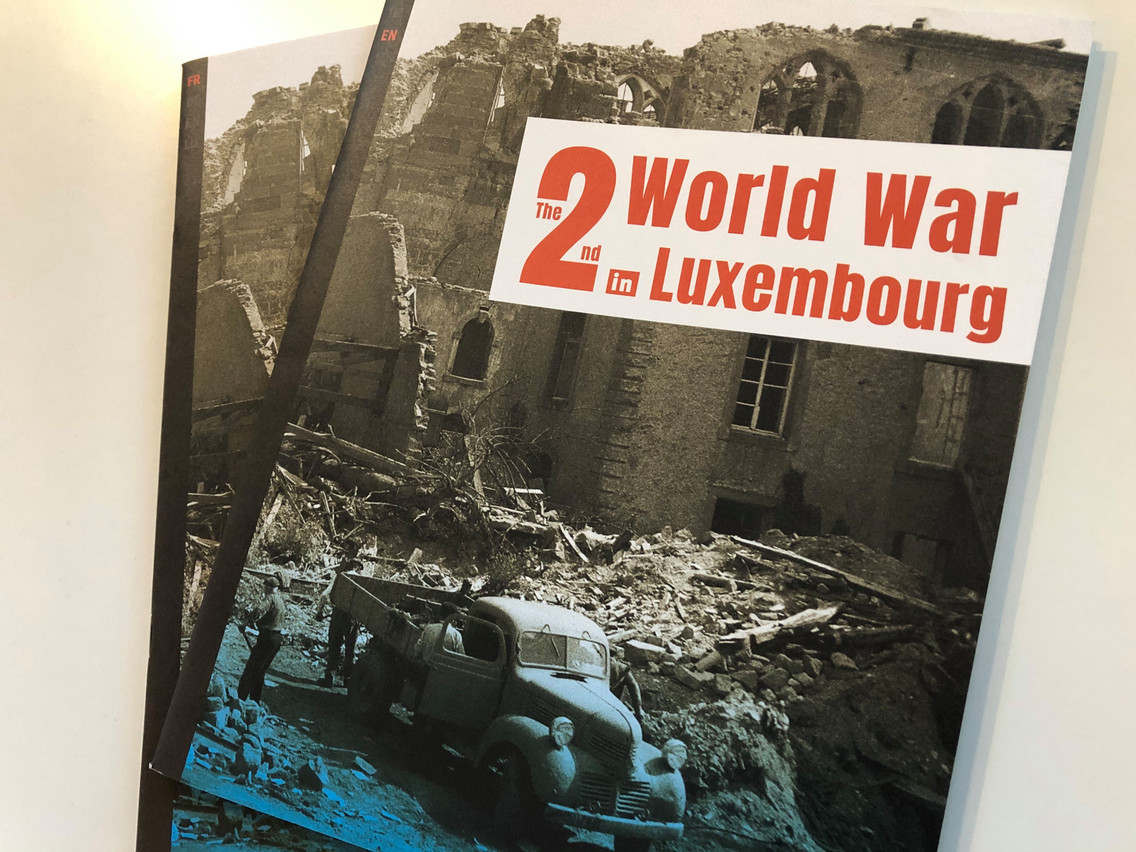A Luxembourg committee for WW2 remembrance commissioned the study to better understand public sentiment about the Second World War, saying it would provide input for the group’s activities.
A similar study was last carried out in 1989 and interest in the Second World War has increased since then, the study found. While in the 1980s, 63% of people said they are interested or very interested in WW2, this rose to 83% in the survey this year.
Respondents also felt that they were better informed about the war than during the last poll, with 92% of people saying they have some or a lot of knowledge, compared to 75% in 1989.
“We underestimated how much people still have to say about this topic,” said Carlo Kissen of Quest, which carried out the survey. “We had interviews at our call centres that lasted 45 minutes. We had estimated 12 minutes. We had talks with people who started crying on the other end of the phone because memories resurfaced of parents…”
A vast majority of respondents (94%) said they gather information through films, whether historical fiction or documentary. This was followed by talking with family and friends (87%) and reading about the war (85%).
Fewer people attended remembrance events (43%) and conferences or talks (25%), the survey found--food for thought for the committee, which organises remembrance activities in the grand duchy.
Just over half of respondents (52%) also said they would like to know even more about the Second World War, with a particular interest in people’s daily lives, Luxembourg’s role in the war and the resistance.
Interest in these topics was somewhat more pronounced among Luxembourg nationals than foreigners. For example, while three quarters of Luxembourg respondents wanted to know more about the grand duchy during the war, this compared to two thirds of foreigners polled.
Fighting extremism
One in two people said they know a living witness of armed conflict, although this wasn’t limited to the Second World War but also included war in the Balkans, Afghanistan, Syria, Vietnam, Korea or the troubles in Northern Ireland.
The study also showed that it will be harder to engage young people. While 93% of those aged 55 or over said the memory of wars and conflicts must be kept alive to prevent them from happening again, only 85% of 15 to 34-year-olds agreed, although this is still a high rate.
More people from a higher education background (94%) said remembrance was important to avoid future wars, compared to those who only completed primary school education (73%).
Living witnesses (74%), exchange with young people (70%) and emphasising the EU’s role as a peace project were seen as the best tools to keeping World War 2 memory alive by people who responded to the survey.
“We must take the interest in witnesses to heart,” said Claude Wolff, who oversaw the survey on behalf of the remembrance committee. “There are many, but I’m not convinced that they’re not buried in the documents of historians and that we must find means to make this more public.”
The report also found that more than half of people think politics (51%) and society in general (58%) aren’t doing enough to keep WW2 in public awareness.
Teaching tolerance and respect (74%), fighting the first signs of extremism (63%) and the mixing of different cultures and nationalities (54%) were seen as the top three ways of preventing future conflict.
Around 60% of people agreed that they can do more, such as calling out intolerance among people in their environment, being critical of hate speech and fake news online, and being more aware about their own use of language and micro-aggressions.
